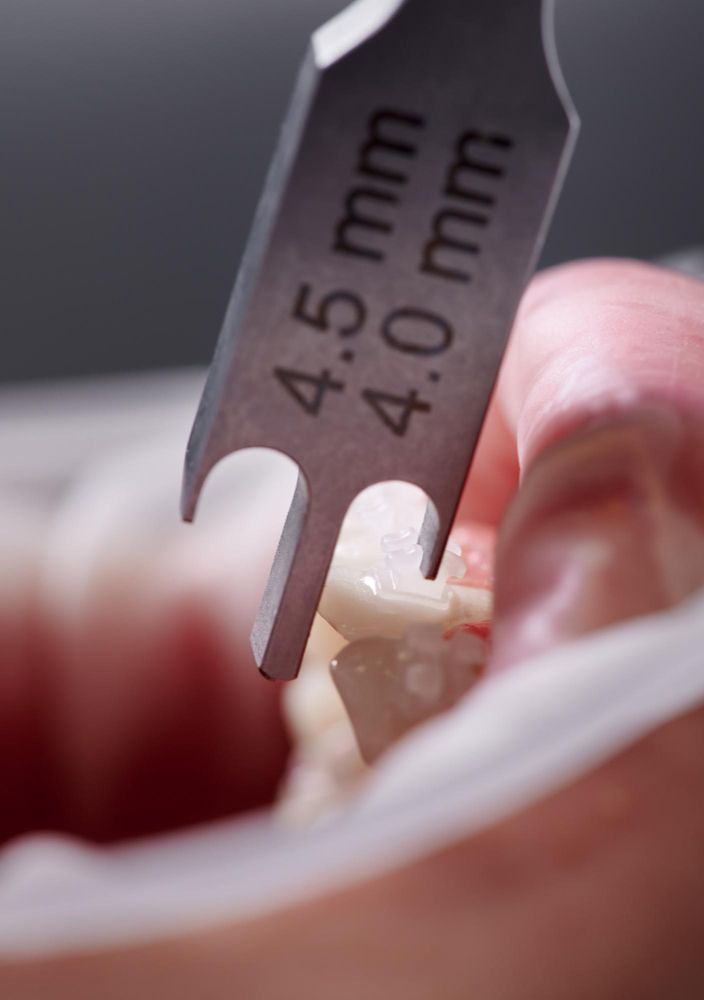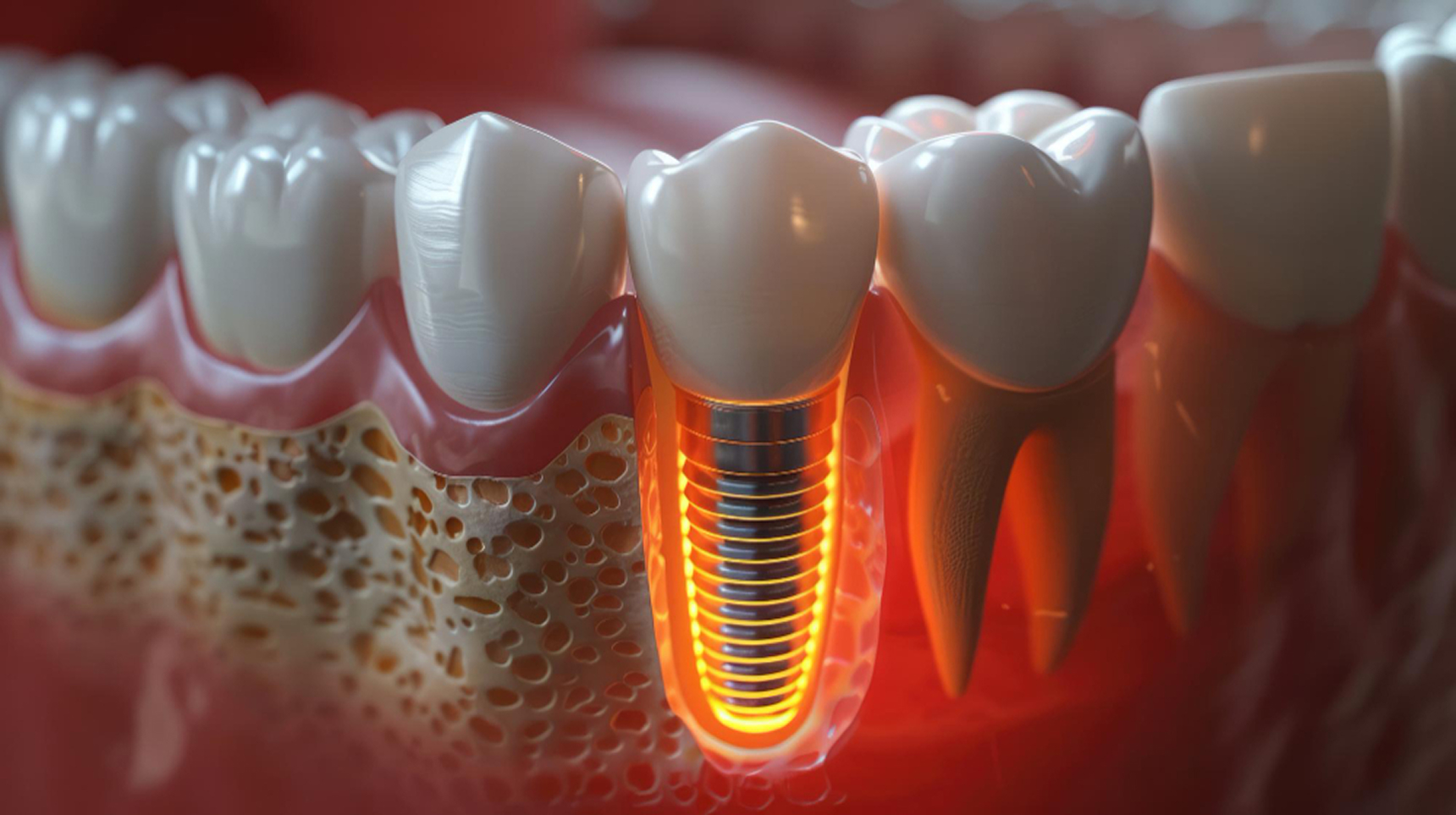
When gum disease progresses beyond the early stages, non-surgical treatments may be insufficient. Periodontal surgery targets deep gum pockets, infected tissue, and bone defects, promoting healing and regeneration.
City Clinic’s periodontists use minimally invasive techniques, including flap surgery, bone grafting, and guided tissue regeneration, to restore the gum and bone structure. Every procedure is personalized, ensuring optimal outcomes, minimal discomfort, and preservation of natural teeth whenever possible.

1
2
3
Duration:
Number of Sessions:
Recovery / Downtime:
Pain Level:
Pre-Treatment:
Post-Treatment:
After periodontal surgery, inflammation and infection are reduced, gums are healthier, and teeth gain improved support. Long-term, the procedure prevents tooth loss, preserves jawbone integrity, and improves overall oral health.
• Uncontrolled systemic conditions (e.g., diabetes, heart disease)
• Active infections or untreated oral conditions
• Allergies to materials or anesthesia components
• Number of affected areas
• Type of surgical technique (flap, grafting, regeneration)
• Need for sedation or advanced imaging




🎀🌸💗 Give a Gift of Health & Beauty to your LOVED ones 💗🌸🎀